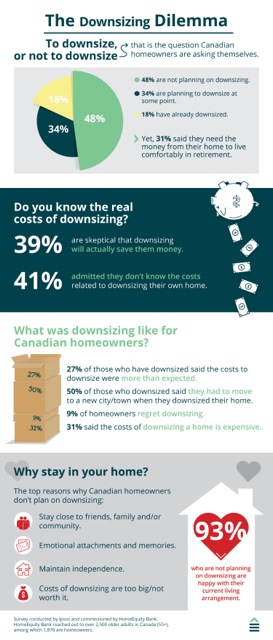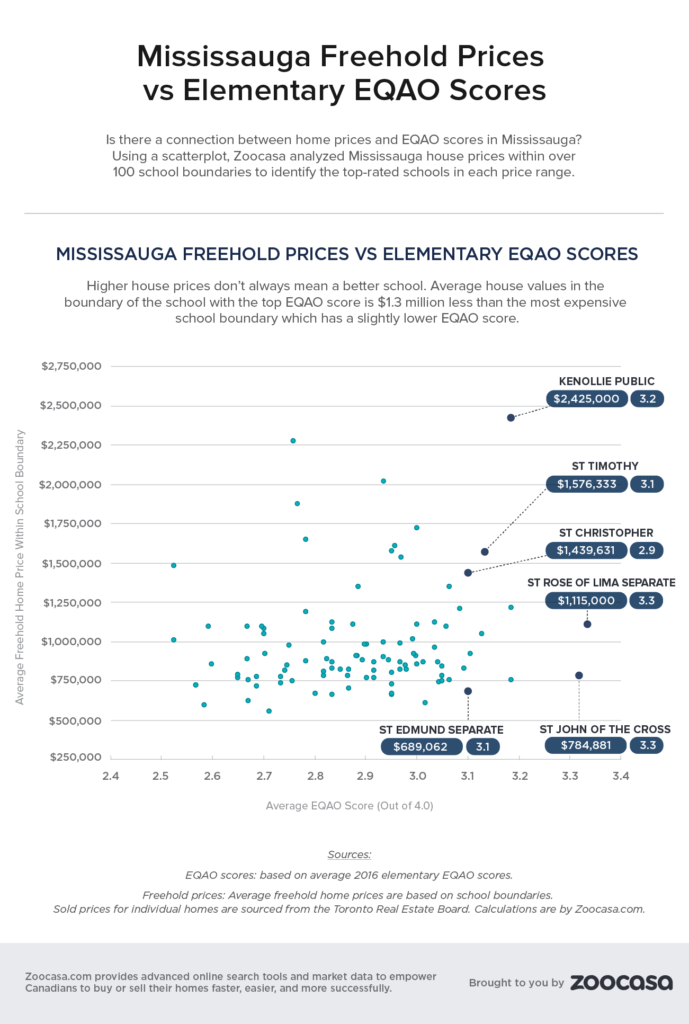By Sia Hasan
Special to the Financial Independence Hub
Gaining financial independence is one of the most difficult propositions. Life is expensive, particularly if you live in a metro area, which is where most of the higher paying jobs are located. As a result, most people save only small amounts of their paychecks or none at all. Clearly, this is not the path to financial independence (aka “Findependence.”).
Thankfully, you don’t have to make a massive salary to become financially independent. There are several methods for building wealth, including starting a business, investing in securities, and investing in real estate. Even if you do the first two already, you need to consider these five ways of increasing your financial independence through real estate.
Real estate investment offers the highest returns for the lowest risk when compared to starting a business or investing in stocks. The reason is that real estate offers five surefire ways to grow your money, known by the acronym IDEAL. By setting a long-term plan to benefit from these five methods of making money in real estate, you are on your way to financial independence.
The IDEAL investment
IDEAL stands for income, depreciation, equity growth, appreciation, and leverage. To succeed in making real estate work as an investment, you need to look beyond your principal residence. Though owning your own home provides appreciation and tax benefits, most people can’t produce income from their principal residence, owners of duplexes and people who rent out spare rooms aside.
1.) Income
When you purchase a rental property, you generate income, provided that you collect enough rent to exceed expenses. With a cash purchase, this is easy. If you finance the purchase, you need to analyze the numbers carefully. Provided you finance the right rental property, you earn a much higher rate of return on the financed property than if you purchased it with cash.
2.) Depreciation
To increase your rental income profits, you need to bone up on the IRS depreciation rules. Because the property is a business investment, you get to deduct all depreciation off of your profits. This saves thousands of dollars in income taxes every year. Continue Reading…






